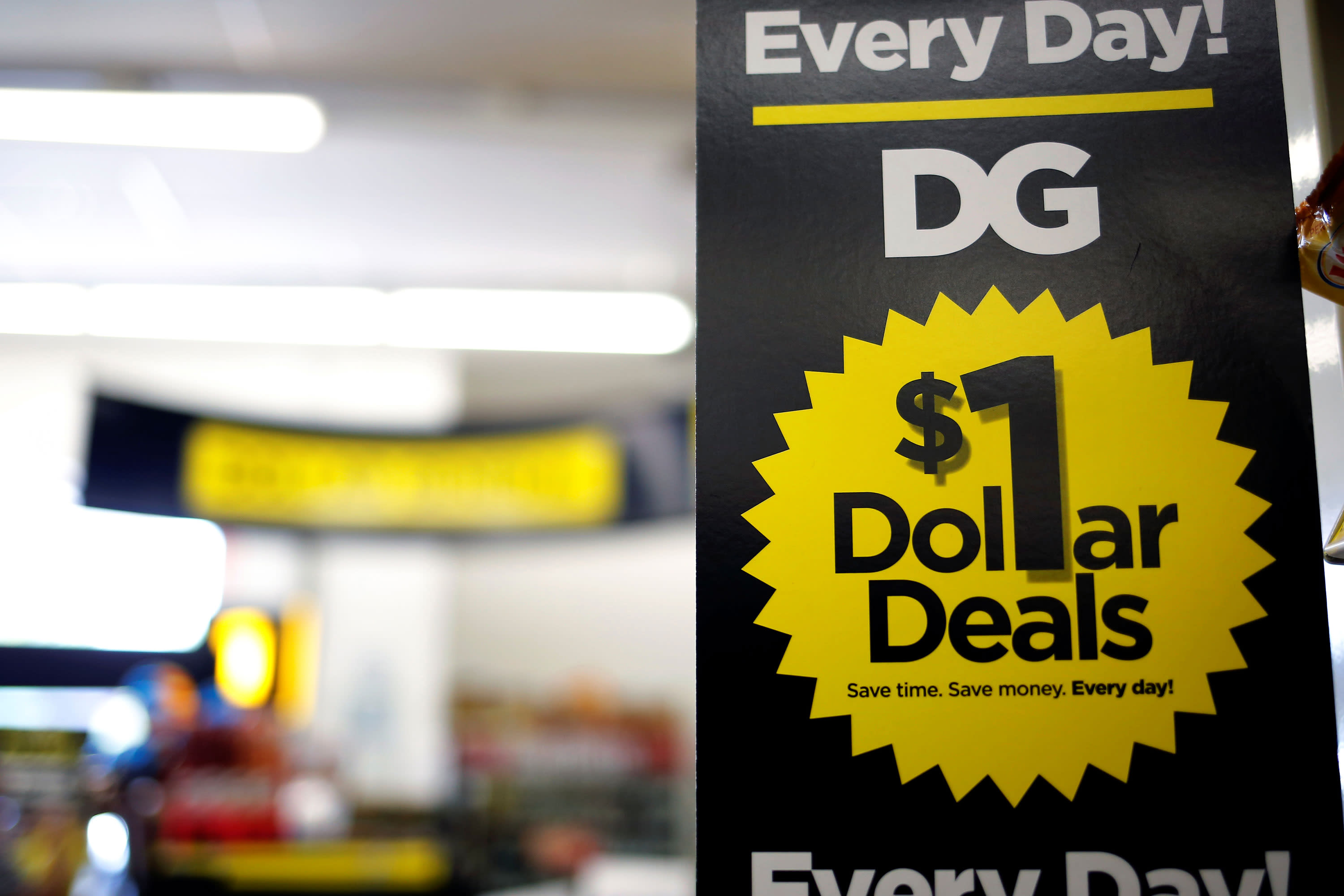Products You May Like
Dollar General CEO Todd Vasos said Wednesday that the retailer is chasing business opportunities in health care for a simple reason: About 65% of the company’s stores are located in “health deserts.”
That translates to more than 10,000 stores — including many in rural areas and small towns — where customers must drive long distances to get medical care, Vasos said.
He said the retailer is in a prime position to change that.
“While it’s in its infancy stages, we really have an opportunity to grow that health-care side of the business — not only products in the store, but services,” he said at a virtual conference hosted by Barclays.
Dollar General recently announced plans to expand into the health-care industry. In July, the deep discounter said that it had hired its first chief medical officer and planned to add more health-related items to shelves, from dental supplies to cold and cough medication.
However, the company has provided few details about what its offerings may look like.
Vasos said Dr. Albert Wu, the new chief medical officer, led the company’s first steering committee meeting on Tuesday and encouraged investors to stay tuned.
The expansion could potentially shake up the company’s reputation, too. For years, Dollar General has faced criticism for exacerbating food deserts — neighborhoods and communities where consumers struggle to find affordable nutritious food, such as fruits and vegetables. As the retailer has rapidly opened more locations, some lawmakers have said it has scared off grocers that would bring a wider selection of healthy, fresh items.
Dollar General has been adding meat and produce to stores. They’re now in more than 1,300 stores — or roughly 7% of its total footprint — and it has said it may expand that to up to 10,000 stores.
Yet Vasos said health deserts may be an even larger problem.
“There’s as many if not more health/medical deserts in rural America as there are food deserts,” he said. “We believe we have the ability to service the consumer in a lot of these instances where she today has to drive 30, 40 minutes to get basic health care.”
